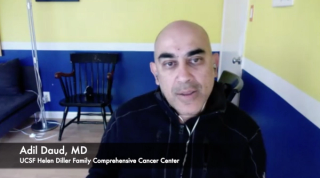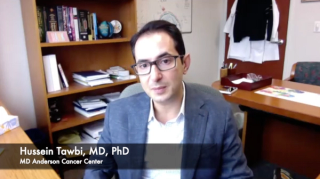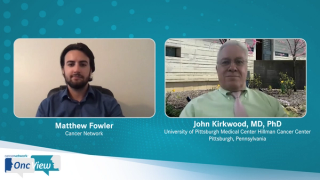
Skin Cancer & Melanoma
Latest News
Latest Videos

CME Content
More News

Objective response data from the CK-301-101 trial supports cosibelimab’s approval by the FDA, according to Jason J. Luke, MD, FACP.

Cosibelimab has been approved by the FDA as a treatment for patients with cutaneous squamous cell carcinoma.
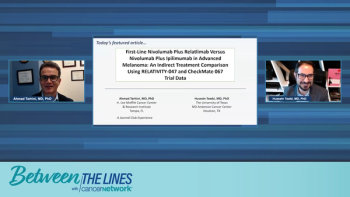
Panelists discuss how treatment decisions in metastatic melanoma involve balancing the benefits of immunotherapy versus targeted therapy, taking into account factors such as tumor genetics, patient response, and tolerability.

Vusolimogene oderparepvec in combination with nivolumab has received breakthrough therapy designation from the FDA in advanced melanoma.

Phase 1 data highlight a manageable safety profile with IMA203 among patients with melanoma and other PRAME-positive solid tumors.
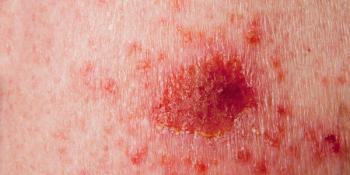
Phase 3 data may support the photodynamic therapy as a noninvasive treatment option for patients with superficial basal cell carcinoma.
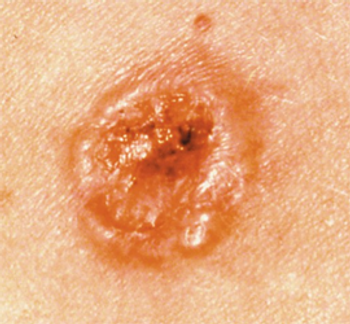
Phase 1b findings may affirm the therapeutic potential of IMA203 for patients with previously treated metastatic melanoma.
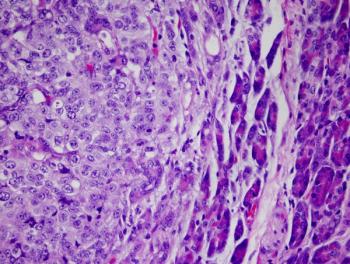
The safety profile of fianlimab/cemiplimab in a phase 1 trial was consistent with prior reports of cemiplimab monotherapy.

Phase 2 data also show responses with atezolizumab switch therapy in a population of patients with BRAF V600–positive melanoma.

Support for the planned biologics license application comes from data showing a 32.9% response rate with RP1 plus nivolumab for melanoma.

Support for the decision follows phase 1 findings evaluating IBI363 in patients with advanced solid tumors presented at the 2024 ESMO Plenary.
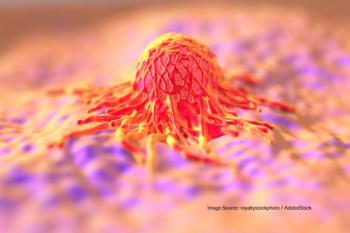
Preliminary results from part 2 of the phase 2 trial evaluating VP-315 in basal cell carcinoma found no dose-limiting toxicities or treatment-related serious adverse events.

The Melanoma Research Alliance mourns the passing of Jeffrey S. Weber, MD, PhD, a pioneer in developing immunotherapy for patients with melanoma.

Data from the phase 3 MELATORCH study support the supplemental new drug application for frontline toripalimab in unresectable or metastatic melanoma.
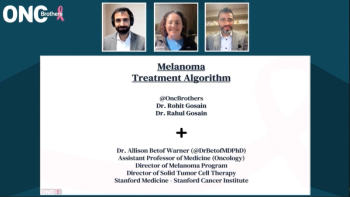
Allison Betof Warner, MD, PhD, and the Oncology Brothers share clinical insights on treatment decisions for patients with metastatic melanoma.

Medical oncologists provide comprehensive insights on neoadjuvant therapy options for patients with melanoma.

Allison Betof Warner, MD, PhD, joins Rahul Gosain, MD, and Rohit Gosain, MD, to discuss treatment practices for patients with stage IIB and beyond melanoma.
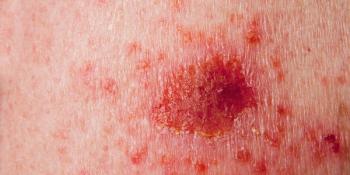
New guidelines for both cancer types provide detailed and distinct criteria for diagnoses, staging, use of IGRST, and follow up, among other areas.

The safety profile of BNT111 plus cemiplimab was consistent with previous trials assessing BNT111 with anti–PD-L1 treatments.

The FDA has set a Prescription Drug User Fee Act date of December 28, 2024, for cosibelimab in advanced or metastatic cutaneous squamous cell carcinoma.

Approximately two-thirds of patients who received study treatment in NeoACTIVATE had no remaining tumors at the time of surgery.

Phase 1 data support the application for cosibelimab as a treatment for those with metastatic or locally advanced cutaneous squamous cell carcinoma.

Johnathan Q. Trinh, MD, et al discuss a novel case of a patient with an aggressive CDKN2A-mutated spiradenocarcinoma who responded to a CDK4/6 inhibitor.
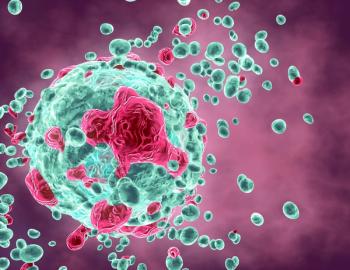
Data show responses lasting for more than 6 months among patients with melanoma who responded to treatment with RP1 plus nivolumab.

Phase 3 findings show the benefit of immunotherapy before surgery in those with macroscopic stage III node-positive melanoma.







